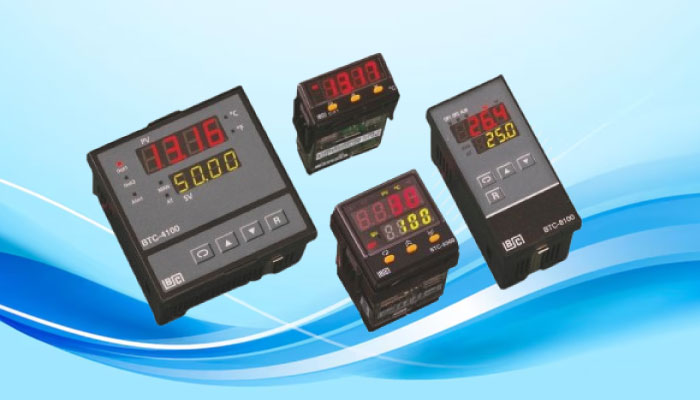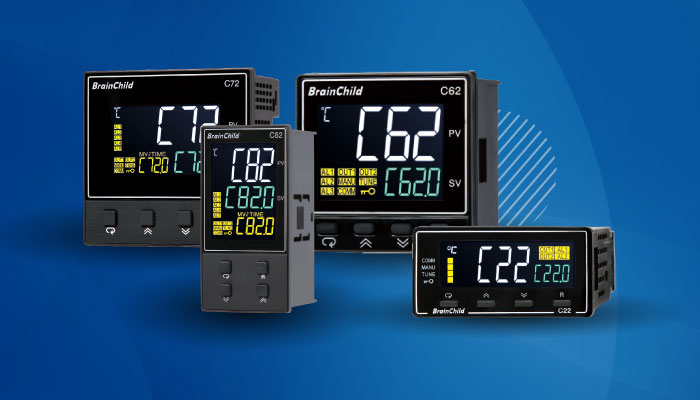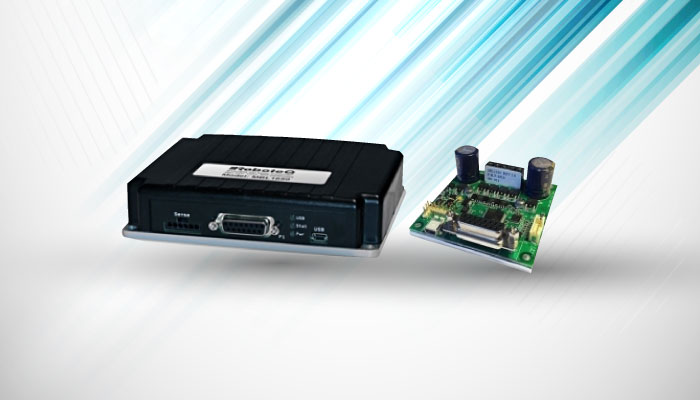Process Control Instruments: The Essential Tools for Optimizing Industrial Processes

In the dynamic landscape of industrial operations, the pursuit of efficiency, precision, and reliability is paramount. Achieving these goals is made possible by the unassuming yet indispensable heroes of the industrial world: process control instruments. These sophisticated tools form the backbone of modern manufacturing, ensuring that complex processes run seamlessly, consistently, and with minimal waste. In this blog, we will delve into the world of process control instruments, understanding their significance and how they contribute to optimizing industrial processes.
The Core of Industrial Control
At the heart of industrial control systems, process control instruments play a pivotal role. They are responsible for measuring, monitoring, and regulating various parameters in a manufacturing process. These parameters can include temperature, pressure, flow, level, pH, and more. By providing real-time data and facilitating automated adjustments, process control instruments maintain the desired conditions within a production environment.
Achieving Precision and Consistency
One of the primary objectives of using process control instruments is to achieve precision and consistency. In industrial settings, even minor variations in critical parameters can lead to product defects, waste, and inefficiency. Process control instruments ensure that these parameters remain within tight tolerances, resulting in products that meet stringent quality standards.
Temperature Control Instruments
Temperature control is a critical aspect of many industrial processes. From chemical reactions to food processing and HVAC systems, Temperature control systems and accessories maintain the ideal temperature range. They include devices like temperature transmitters, thermocouples, and temperature controllers, which work together to provide accurate temperature regulation.
Pressure and Flow Measurement
In industries such as oil and gas, pharmaceuticals, and water treatment, pressure and flow measurement are essential for safe and efficient operations. Pressure transmitters and flow meters are used to monitor and regulate these parameters, ensuring that processes are running at optimal conditions.
Level and pH Control
Processes involving liquids often rely on level and pH control instruments. These instruments, such as level sensors and pH meters, help maintain consistent levels of liquids and the desired pH range, crucial in applications like chemical manufacturing and wastewater treatment.
The Role of Data Acquisition
Modern process control instruments have evolved to include data acquisition capabilities. They not only measure and regulate parameters but also collect and store data. This data is invaluable for process analysis, quality control, and compliance with industry standards and regulations. It allows for the identification of trends, anomalies, and opportunities for process optimization.
Automation and Remote Control
The integration of process control instruments with automation systems and supervisory control and data acquisition (SCADA) systems has revolutionized industrial processes. Automation enables real-time adjustments, reducing the need for manual interventions. Additionally, remote monitoring and control have become increasingly common, allowing operators to oversee processes from a distance.
The Impact on Efficiency and Sustainability
Efficiency is a cornerstone of modern industrial processes. Process control instruments contribute to efficiency by minimizing material and energy waste, reducing production times, and enhancing overall productivity. This not only benefits the bottom line but also aligns with sustainability goals by conserving resources.
The Future of Process Control Instruments
As technology continues to advance, so do process control instruments. Emerging trends include the incorporation of artificial intelligence and machine learning for predictive maintenance and anomaly detection. Wireless and IoT-enabled instruments are becoming more prevalent, allowing for greater flexibility and connectivity in industrial environments.
Conclusion
In the domain of industrial processes, process control instruments often operate quietly in the background, diligently ensuring that the products we rely on, the food we enjoy, and the water we consume consistently meet the most stringent quality standards. While they may work discreetly, their significance cannot be overstated. These instruments not only serve as catalysts for efficiency and precision but also play a vital role in advancing sustainability and the future of manufacturing. Their unobtrusive presence serves as a testament to their indispensable role in optimizing industrial processes, and their ongoing evolution promises to usher in even greater advancements in the years ahead.
Are you in search of top-quality Process Control Instruments in Pune, including Paperless Chart Recorders, Thyristor Power Controllers, DC Motor Controllers, Temperature Control Systems, Paperless Recorders, Process Indicator Controllers, Programmable Temperature Controllers? Look no further! At Theta Controls, we've got a complete range of instruments and solutions to elevate your industrial operations. Contact us now to optimize your processes and experience unparalleled control and efficiency.


